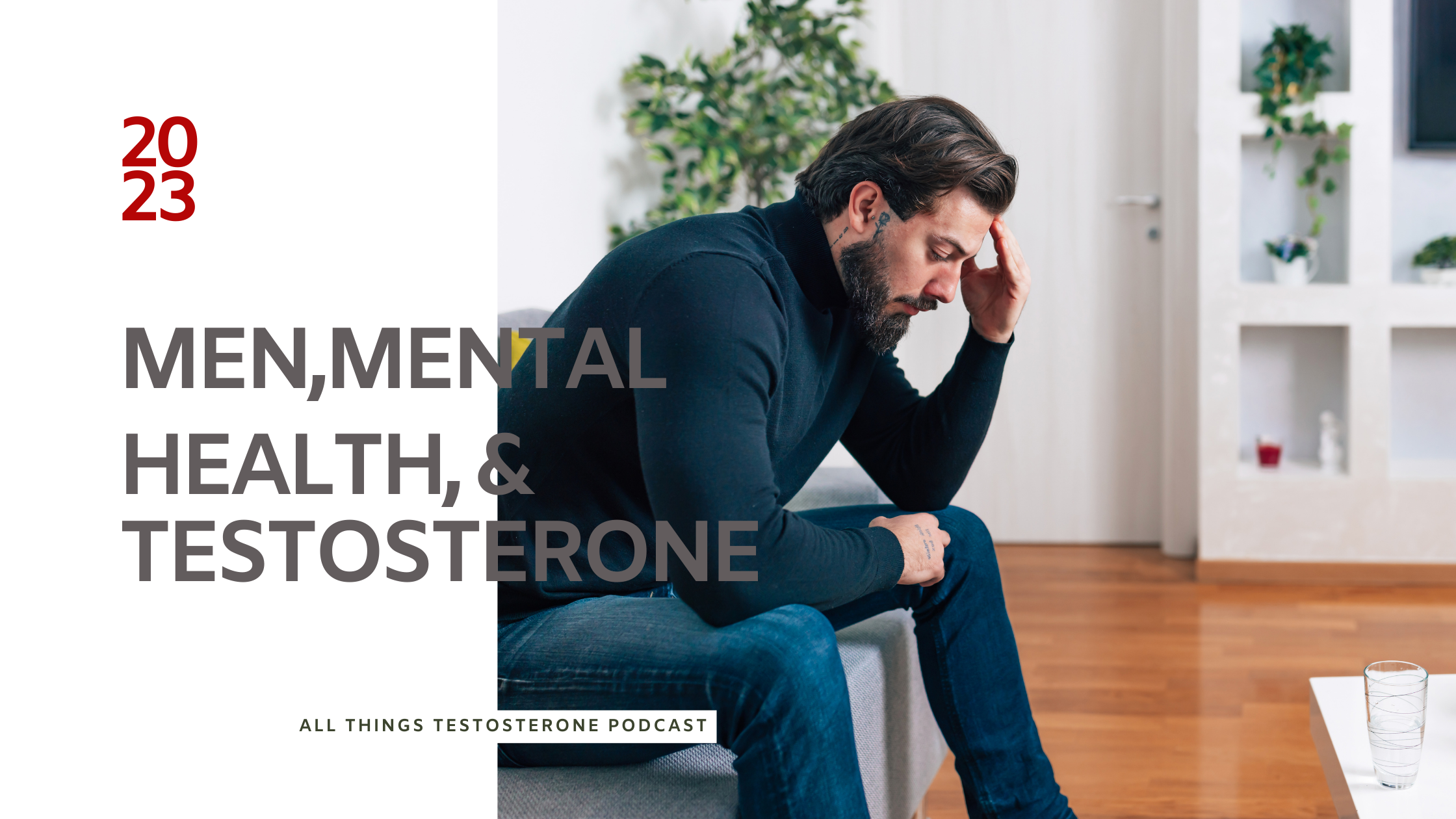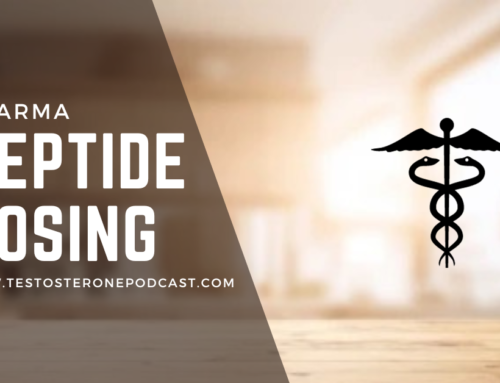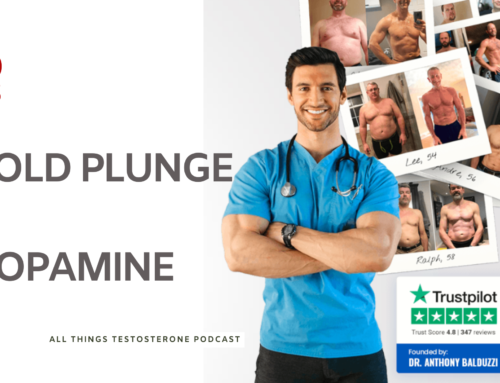As a society, we often hear about mental health struggles in women, but what about men? Anxiety and depression are pervasive mental health conditions that affect people of all genders, but men’s mental health, specifically in relation to testosterone, often remains an untold story. It’s time to shed light on this important topic and understand how testosterone levels can impact men’s mental health and their relationships with their spouses and children.
Let’s first delve into the connection between testosterone and mental health. Testosterone is a hormone that plays a vital role in men’s overall wellbeing. It’s commonly associated with physical traits such as muscle growth and sexual function, but it also plays a crucial role in mental health. Studies have shown that low testosterone levels in men can contribute to increased risk of anxiety and depression. Testosterone helps regulate mood and emotional stability, and when levels are low, it can lead to symptoms such as irritability, mood swings, and even clinical depression.
Unfortunately, many men may not even be aware that their mental health struggles could be related to their testosterone levels. Men are often expected to be stoic and unemotional, which can make it difficult for them to recognize and express their feelings. They may also feel societal pressure to “man up” and brush off their mental health struggles, further perpetuating the stigma around men’s mental health.
The impact of low testosterone on men’s wellbeing and quality of life cannot be overstated. Anxiety and depression can have a significant impact on a man’s ability to engage fully in his personal and professional life. It can affect his performance at work, strain relationships, and lead to a diminished quality of life. Anxiety may manifest as constant worry, restlessness, and even panic attacks, while depression may cause feelings of sadness, loss of interest in activities, and low energy levels. These symptoms can be debilitating and hinder a man’s ability to be present and engaged in his everyday life.
One crucial aspect of a man’s life that can be deeply affected by his mental health and testosterone levels is his relationship with his spouse and children. Men who are struggling with anxiety, depression, or low testosterone may find it challenging to connect with their partners on an emotional level. They may feel emotionally distant, irritable, or withdrawn, which can strain the bond between spouses. Additionally, if left untreated, mental health struggles can impact a man’s ability to engage with his children. Men may find it challenging to participate in family activities or be emotionally present for their children, which can affect their relationship and their children’s emotional wellbeing.
It’s crucial to recognize the importance of involving spouses and children in supporting men’s mental health. Spouses can play a vital role in providing emotional support, encouraging open communication, and helping men seek professional help when needed. Children, too, can benefit from understanding and empathizing with their fathers’ mental health struggles, which can promote healthy emotional expression and communication within the family.
So, what can men do to take care of their mental health and address the impact of testosterone on their wellbeing and relationships? Firstly, it’s essential to recognize and acknowledge the symptoms of anxiety, depression, and low testosterone. Men should feel empowered to seek professional help from mental health providers or hormone specialist who can provide appropriate diagnosis and treatment options. Treatment options may include therapy, medication, lifestyle changes, or hormone replacement therapy (HRT) to address low testosterone levels.
Men can also prioritize self-care by engaging in activities that promote mental health, such as regular exercise, adequate sleep, and stress management techniques like mindfulness or meditation. Creating a support system that includes trusted friends, family, or support groups can also be immensely helpful in navigating mental health challenges.
It’s time to recognize, acknowledge and address our mental health, men! Check your levels, seek help, and take your quality of life into your own hands! Check out All Things Testosterone for more info.


